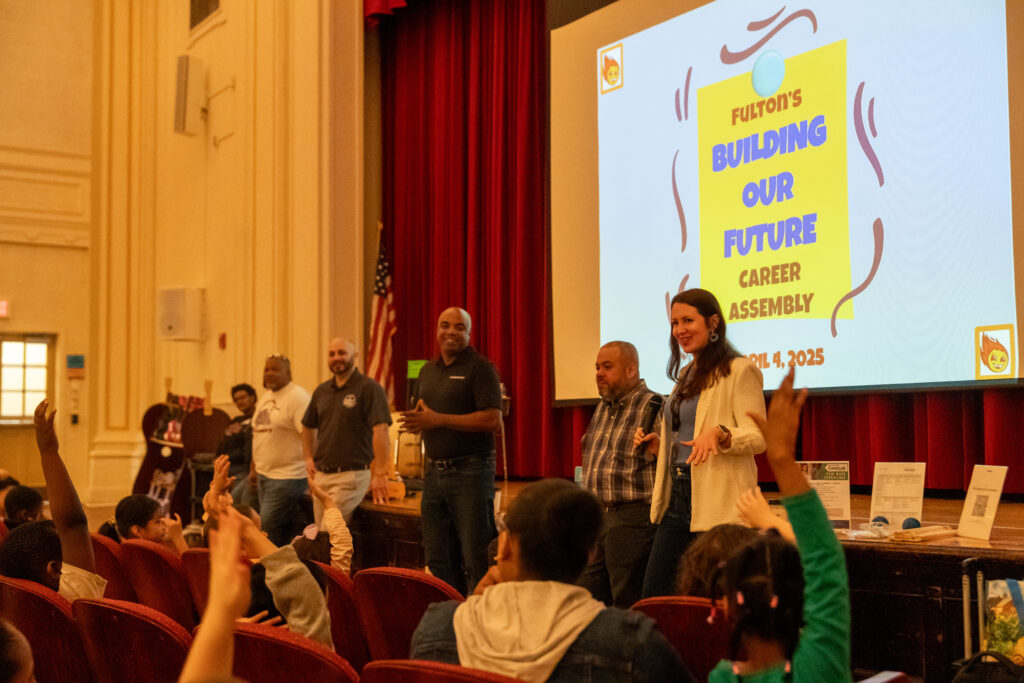
At the School District of Lancaster, we know that students start forming ideas about their future long before high school. That’s why career readiness doesn’t begin in 10th grade, it starts the moment a student begins asking, “What do I want to be when I grow up?” At Fulton Elementary, we leaned into that curiosity by trying something new: a school-wide “Building Our Future” Career Assembly.
Held in the school auditorium, this event brought every Fulton student face-to-face with professionals from Thaddeus Stevens College of Technology, High Industries, and CareerLink. These are are organizations doing essential work right here in Lancaster, training and employing the very people who keep our homes, hospitals, schools, and roads functioning every day. These professionals shared their stories, answered questions, and showed our students the wide range of possibilities that exist in the skilled trades and vocational careers.
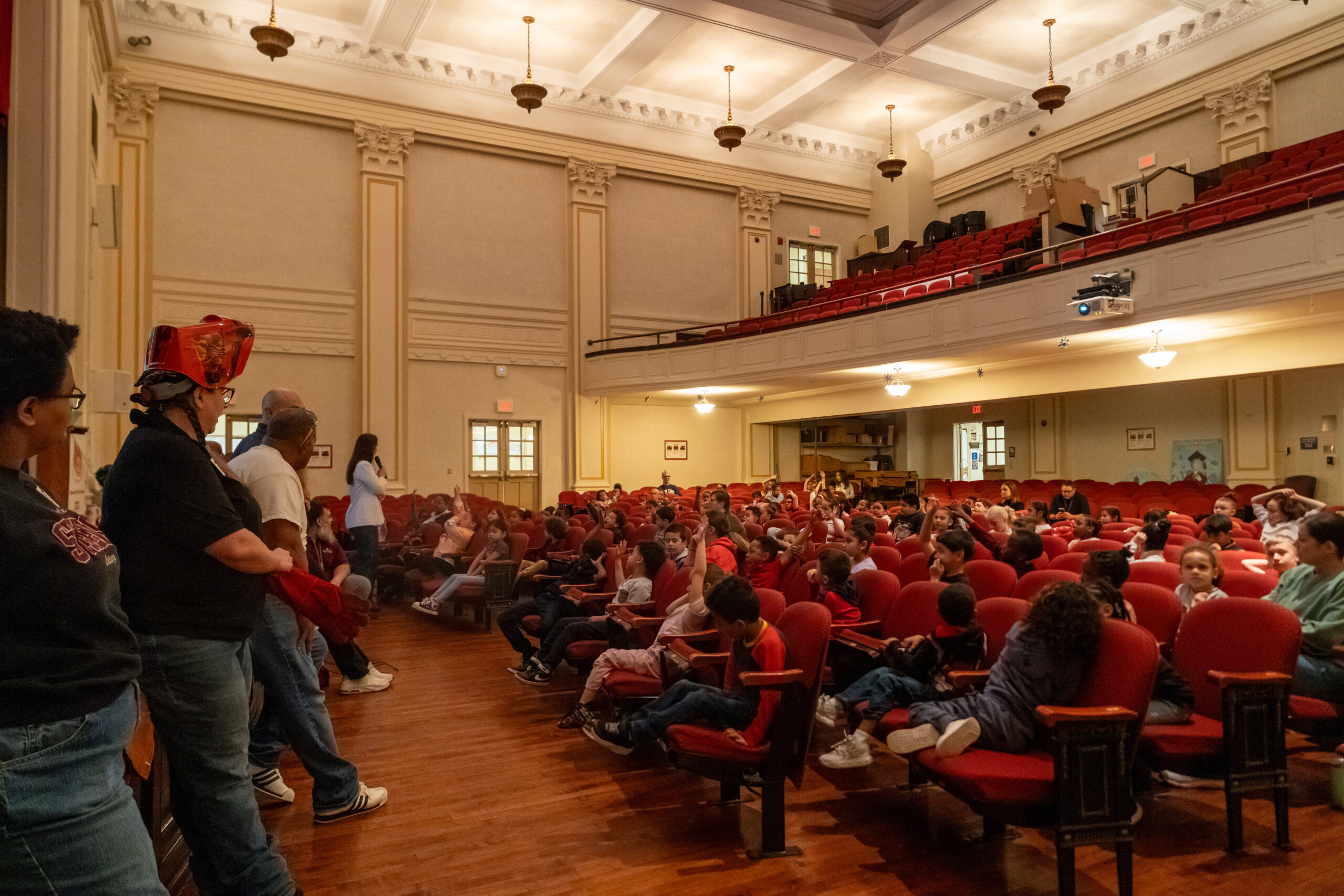
Fulton’s school counselor, Mary Sotomayor, helped bring this idea to life. “Our goal was to help the Fulton community understand that skilled trade and vocational careers are among the fastest-growing job sectors in our country,” she shared. “We’re fortunate to have respected institutions like Thaddeus Stevens College, Lancaster CTC, High Industries, and CareerLink right in our own backyard. These careers are sustainable, local, and pay well.”
It’s easy to assume that career conversations should be reserved for older students, but research and experience say otherwise. Elementary is the ideal time to plant seeds. As Phil Jago, our district coordinator of college and career services, explained, “Career exploration at this age is all about exposure. If we want our students to feel confident and excited about their future, we have to show them what’s possible.”
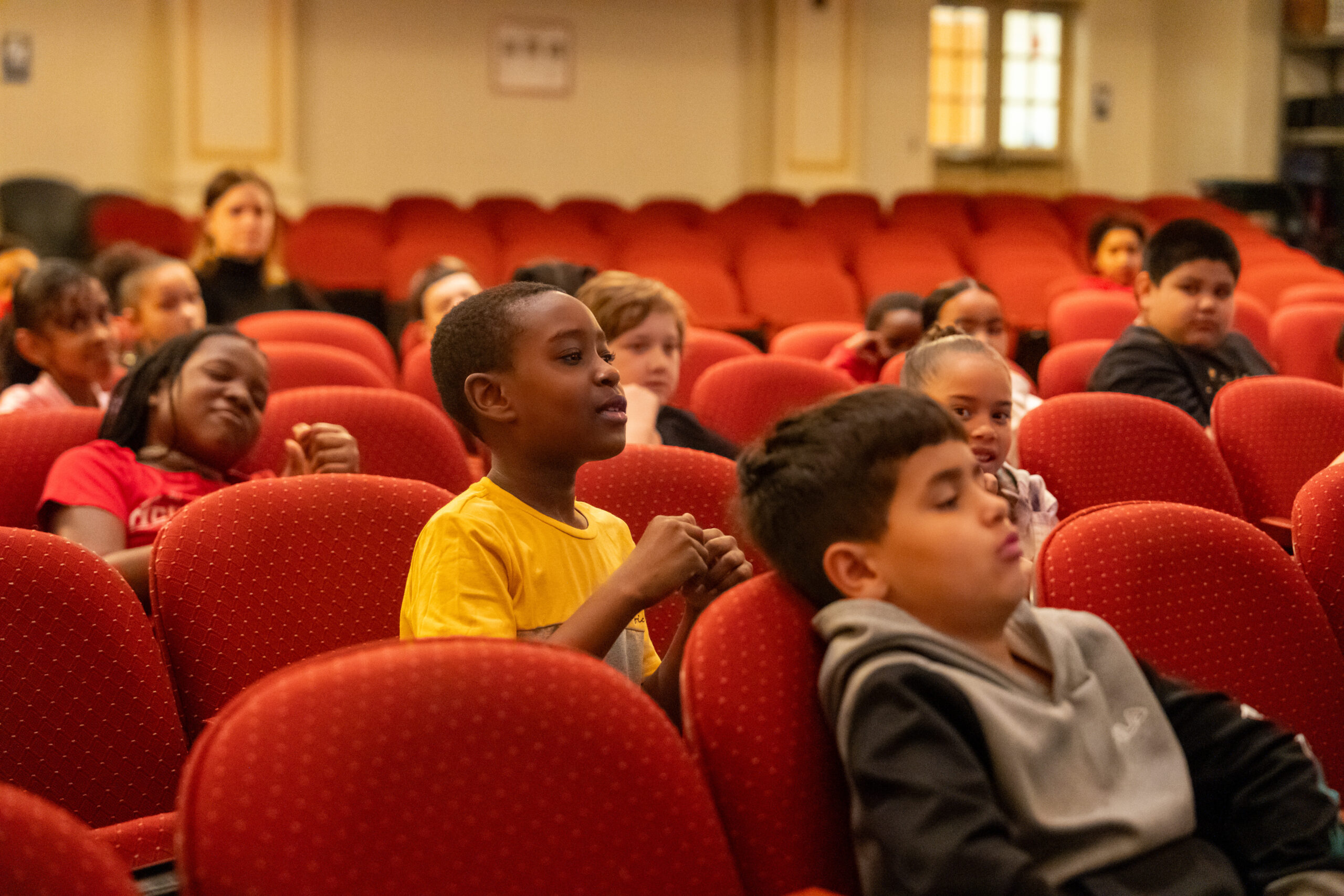
And what’s possible is impressive. Pennsylvania is projected to have a skills gap of over 200,000 by 2032. That’s hundreds of thousands of jobs, electricians, HVAC techs, machinists, carpenters, nursing assistants, and more, waiting to be filled. These careers aren’t easy; they require strong technical training, critical thinking, and a desire to problem-solve. But for students who enjoy working with their hands, building things, and learning how systems work, these paths can lead to fulfilling and financially secure lives without the burden of college debt.
And contrary to outdated thinking, pursuing a two-year or technical program is not a “second option.” It’s a smart one. It reflects a student’s drive to master real-world skills, to start earning sooner, and to contribute to industries that touch every part of our daily lives.
These career pathways are also right here at home. What many people don’t know is that Lancaster has a growing aerospace industry. There are companies in our city manufacturing parts for NASA, for the military, and for global innovation projects. Our students don’t need to leave the community to find success, they can build a future here.
We were intentional in inviting speakers who reflect our students’ identities, because representation matters. When kids see someone who looks like them or shares their background, they begin to believe, “That could be me.” The impact of that moment can’t be overstated. It builds confidence. It helps students feel seen. And it lays the groundwork for long-term motivation. 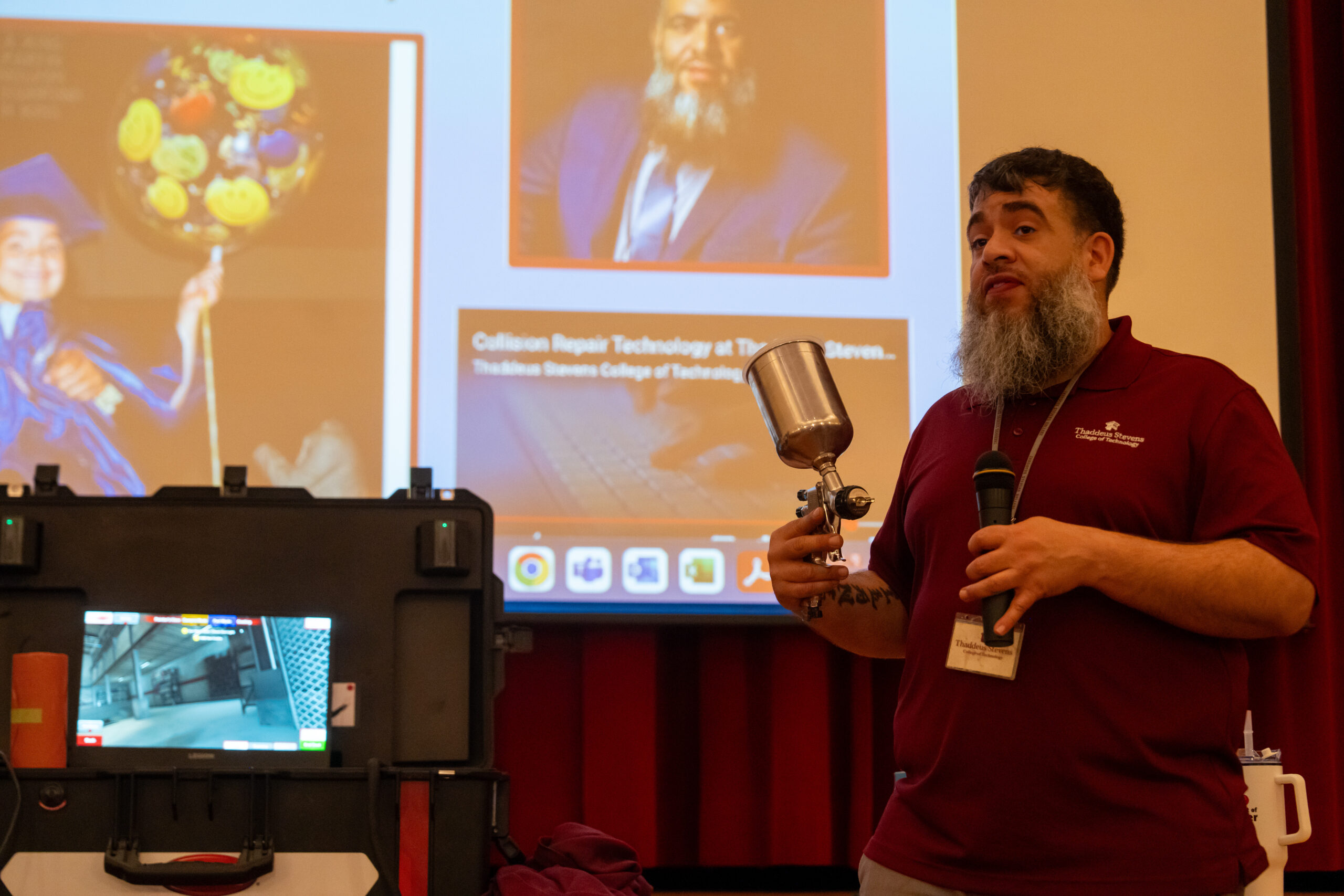
We’re proud of the energy and engagement we saw at Fulton ES. Students asked thoughtful questions, made connections, and left with new ideas about what their future could hold. That’s exactly the outcome we hoped for.
To our partners at Thaddeus Stevens, High Industries, and CareerLink: thank you for showing up, for sharing your knowledge, and for helping our students imagine new possibilities. To our families: thank you for encouraging your children to be curious and open to new ideas. To our teachers and staff: thank you for making space for these conversations every day. And to our Fulton Fireballs: we’re excited to see all the things you’ll build because your future is already under construction.
